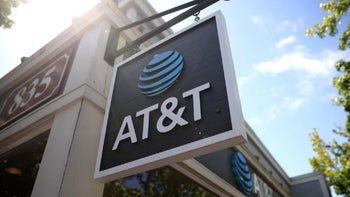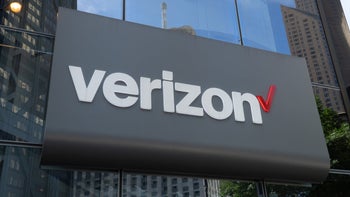Justice Department wants to hit Google where it hurts the most

CNBC reports that for the second time in two years, the U.S. Department of Justice has filed an antitrust suit against Google. In 2020, the DOJ took action against Google as the company was accused of using its power in the online search market to get rid of competitors. That case will go to trial in September. Tuesday's action took place because Google dominates the digital ad industry. The government is insisting that Google divest itself of some parts of its online ad business.
Joining the DOJ in the lawsuit are the states of California, Colorado, Connecticut, New Jersey, New York, Rhode Island, Tennessee, and Virginia. Besides the DOJ action, Google is facing three other antitrust lawsuits that were filed by state attorneys general. One, related to the company's advertising business, was filed by Ken Paxton, the Attorney General of Texas.
Attorney General Merrick Garland announced the suit Tuesday afternoon. The attorney general said, "We allege that Google has used anti-competitive, exclusionary, and unlawful contact to eliminate or severely diminish any threat to its dominance over digital advertising technologies."
Google generated nearly $55 billion in advertising revenue for the quarter that ended September 30th
For the quarter that ended on September 30, Google took in $54.5 billion in advertising revenue. The ad dollars flow from Google properties such as its Search app, YouTube, Google Network ads, and other advertisements. Critics of Google's ad business say that because the company is involved in all aspects of digital advertising, it gathers information about the market that the competition can't.


Google's domination of the industry had the Department of Justice worried that if Google controlled all sides of the online advertising market "it could become 'the be-all, and end-all location for all ad serving. Google would no longer have to compete on the merits; it could simply set the rules of the game to exclude rivals."
In the complaint, one of Google's ad executives was allegedly quoted knocking the company's attempt to control all aspects of the digital ad market. The anonymous Googler said, "[I]s there a deeper issue with us owning the platform, the exchange, and a huge network? The analogy would be if Goldman or Citibank owned the NYSE."
The complaint said that as a result of Google's domination of the online ad market, "website creators earn less, and advertisers pay more than they would in a market where unfettered competitive pressure could discipline prices and lead to more innovative ad tech tools that would ultimately result in higher quality and lower cost transactions for market participants."
Google bought ad server Double Click in 2008 and AdMob in 2009. The latter became Google's AdX. The government says that these acquisitions have allowed Google to demand that publishers use all of its resources instead of using Google's competitors for at least some of the ad-buying process.
Google says that the Justice Department is "doubling down on a flawed argument"
The filing states that "In effect, Google was robbing from Peter (the advertisers) to pay Paul (the publishers), all the while collecting a hefty transaction fee for its own privileged position in the middle. Rather than helping to fund website publishing, Google was siphoning off advertising dollars for itself through the imposition of supra-competitive fees on its platforms. A rival publisher ad server could not compete with Google’s inflated ad prices, especially without access to Google’s captive advertiser demand from Google Ads."
The suit goes on to say, "So, in response, Google employed a familiar tactic: acquire, then extinguish, any competitive threat." The news of the lawsuit took the stock of Google's parent Alphabet under triple digits as the shares dropped $2.00 or 1.98% during regular trading hours to $99.21. In after-hours trading, the stock gave up an additional 74 cents (.75%) to $98.47.
In a statement, Google said, "Today’s lawsuit from the DOJ attempts to pick winners and losers in the highly competitive advertising technology sector,” a Google spokesperson said in a statement. “It largely duplicates an unfounded lawsuit by the Texas Attorney General, much of which was recently dismissed by a federal court. DOJ is doubling down on a flawed argument that would slow innovation, raise advertising fees, and make it harder for thousands of small businesses and publishers to grow."













Things that are NOT allowed: